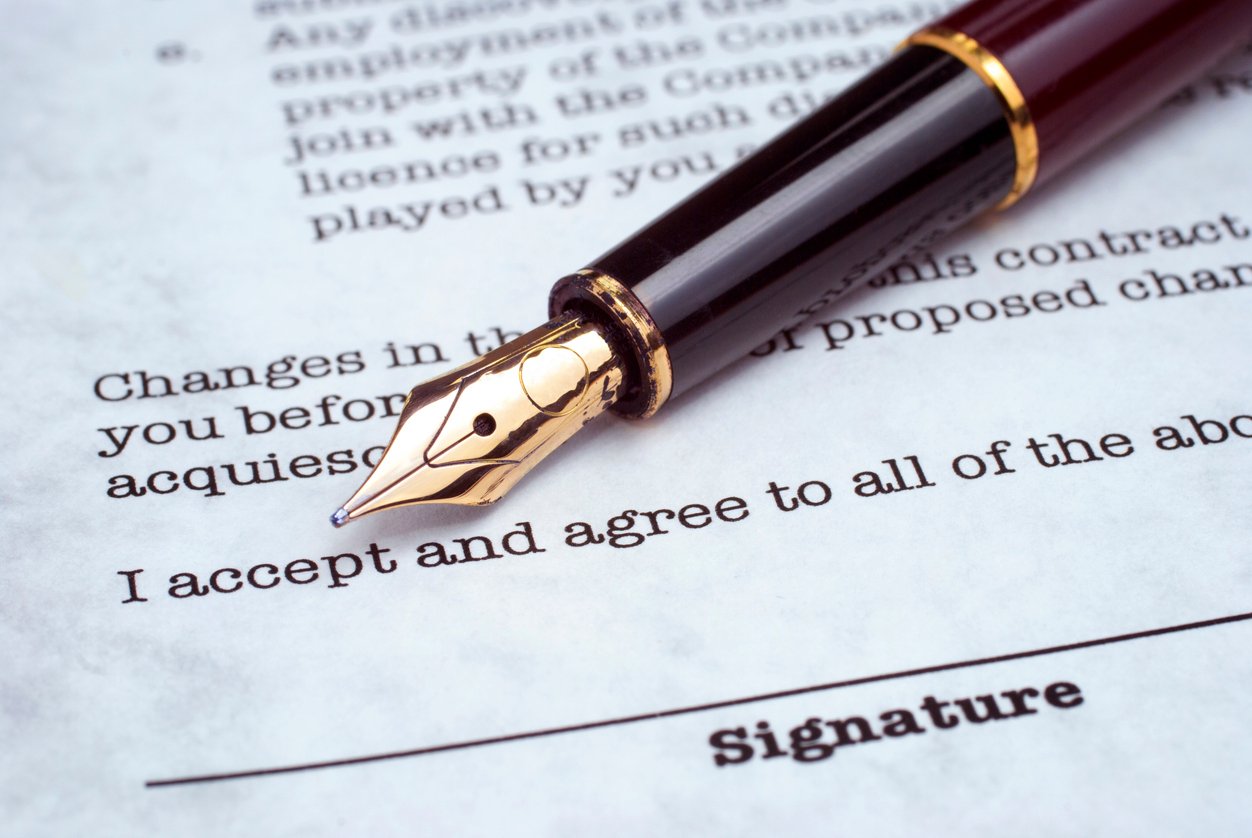 Real estate brokers play a vital role in buying, selling, or leasing properties. However, they also bear significant responsibilities that can expose them to legal liabilities. Understanding the liability of brokers in real estate transactions is essential for protecting both brokers and their clients. In this blog, we’ll explore key aspects of broker liability and how to address potential risks effectively.
Real estate brokers play a vital role in buying, selling, or leasing properties. However, they also bear significant responsibilities that can expose them to legal liabilities. Understanding the liability of brokers in real estate transactions is essential for protecting both brokers and their clients. In this blog, we’ll explore key aspects of broker liability and how to address potential risks effectively.
The Role of a Real Estate Broker
Real estate brokers act as intermediaries between buyers, sellers, landlords, and tenants. Their responsibilities include marketing properties, facilitating negotiations, and ensuring transactions comply with legal standards.
Duty of Care
Brokers are held to a standard of care, meaning they must perform their duties competently and professionally. This includes providing accurate property information, following up on necessary disclosures, and ensuring the transaction process adheres to legal norms.
Fiduciary Duties
Brokers owe fiduciary duties to their clients, such as loyalty, confidentiality, and full disclosure. Failing to fulfill these duties can result in legal claims, such as breach of fiduciary duty or negligence.
Common Sources of Broker Liability
Failure to Disclose
One of the most common liabilities arises from failing to disclose material facts about a property, such as structural defects or zoning issues. California law requires brokers to inform clients about known property defects that could influence their decisions.
Misrepresentation
Misrepresentation occurs when a broker provides false or misleading information, whether intentionally or negligently. For example, overstating a property’s value or claiming certain zoning approvals can lead to disputes.
Breach of Contract
Brokers can face liability if they fail to meet the obligations outlined in their contractual agreement with a client. For example, not marketing a property as agreed or missing deadlines can result in legal challenges.
Violation of Fair Housing Laws
Brokers must comply with fair housing laws that prohibit discrimination based on race, religion, gender, or other protected characteristics. Violations can lead to significant penalties and lawsuits.
How Brokers Can Minimize Liability
Clear Communication
Effective and transparent communication with clients helps prevent misunderstandings. Brokers should provide detailed explanations about the process and documentation involved.
Thorough Documentation
Maintaining accurate and complete records of all transactions, agreements, and disclosures can provide critical evidence in case of disputes.
Compliance with Legal Standards
Brokers should stay updated on local and state laws affecting real estate transactions. Regular training and consultation with legal professionals can be invaluable.
Professional Insurance
Errors and omissions insurance can protect brokers from financial losses stemming from legal claims.
Real estate brokers must navigate a complex web of responsibilities and legal obligations. While they play a crucial role in facilitating transactions, failing to meet these obligations can lead to liability. If you have questions about broker liability or need legal assistance with a real estate dispute, contact Law Advocate Group, LLP today for expert guidance and support.



